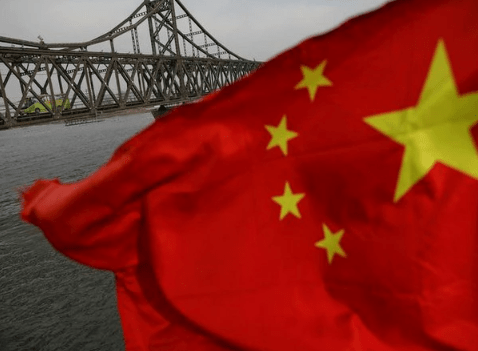CCP’s membership loss is a reflection of the party’s shifting dynamics.
According to recently released data, the Chinese Communist Party (CCP) saw a sharp decline in its membership drive in 2022. This can be attributed to the rigorous screening process introduced for new applicants as part of the party’s organizational restructuring to promote ideological progress, according to the Dhaka Tribune.
New candidates had to go through a rigorous screening procedure that was put in place as part of the party’s organizational reform to encourage ideological advancement.
The party’s growth rate was a pitiful 1.4%, which is a sharp decline from the projections for 2021. Xi Jinping’s ascension to power in 2012 marked the beginning of this slide and the targeting of younger members.
However, the party was only able to add 1.3 million new members in 2022. According to the Dhaka Tribune, this unexpected reduction was accompanied by a decline in young people under 30 joining the party, showing a notable loss of 1.5% from 2021.
On the other side, the party saw a spike in membership in 2021, adding an extra 3.4 million cadres, for a growth rate of 3.7%.
Despite a record-breaking 21 million applications being filed, 300,000 more than the previous year, a drop in recruiting numbers has been attributed to the contempt that anti-corruption watchdogs have for youthful cadres.
As a result, the overall number of members under 30 has been steadily declining over the previous several years, with a notable decrease of 1.5% since 2021. This pattern is influenced by Xi’s perspective on the young cadres.
The Central Commission for Discipline Inspection, China’s primary anti-corruption organization, is another noteworthy factor contributing to this precipitous reduction.
The committee has allegedly engaged in a number of high-profile crackdowns on young cadres while accusing them of taking part in corrupt practices, according to the Dhaka Tribune.
Xi gave political allegiance and expertise in governance priority when making political appointments, which put the party’s young members under continual observation and examination as part of anti-corruption measures.
The pivotal moment occurred in 2014 when a significant corruption scandal implicated the former presidential chief of staff, who was later found guilty of accepting bribes, abusing his position, and illegally obtaining state secrets. He was sentenced to life in prison in 2016.
Since then, according to the Dhaka Tribune, Xi has preferred elevating officials from his network and highlighted the value of grassroots work experience, which young members often need.
He has often called the Youth League’s leadership “aristocratic,” but the party’s top disciplinary monitor has accused them of being too bureaucratic and self-serving.
According to the Dhaka Tribune, Xi has urged his anti-corruption watchdogs to strengthen their grip on young cadres in order to improve their education, management, and supervision while directing them along a politically right route.
These actions are a reflection of Xi’s powerful position and unifying political philosophy. There is no place for internal conflicts or factionalism since he retains total power, is surrounded by reliable authorities, and controls everything.












